Today we’d like to introduce you to Milana Lelovic
Hi Milana, so excited to have you on the platform. So before we get into questions about your work-life, maybe you can bring our readers up to speed on your story and how you got to where you are today?
My path has always been shaped by curiosity and, admittedly, a bit of fear. After high school, I chose political science, drawn by a desire to understand the structures shaping our lives. It wasn’t the most practical choice, but it felt meaningful. Midway through, I rediscovered psychology—something I’d been drawn to for years—and decided to take on both degrees. It wasn’t easy, balancing exams and overlapping commitments, but it made sense to me at the time.
Fear of the future has always been a constant companion. Uncertainty weighs heavily on most of us, but for me, it’s a mix of high expectations and persistent self-doubt. Growing up, I saw people close to me facing real struggles, which shaped how I saw the world and my place in it. There’s always been this pressure to “figure it out,” even when confidence didn’t come easily. That tension between wanting to succeed and questioning if I could has driven me in ways I didn’t fully understand until later.
My career began in a very different place than where I am now. I started as a receptionist—a role that, while brief and far from ideal, taught me humility and resilience. That opened the door to an office manager position at a software company, where I began exploring HR, finance, and operations. Those experiences eventually led to a branch manager role at a German R&D company, and now, to my current position as Head of HR at Mailbird.
Looking back, I’ve realized that good things often come from the unexpected. Even the smaller decisions—ones that didn’t seem significant at the time—ended up shaping my path in meaningful ways. For me, it’s been less about having a clear plan and more about staying curious, being willing to adapt, and finding ways to move forward, even when things felt uncertain.
I’m sure it wasn’t obstacle-free, but would you say the journey has been fairly smooth so far?
Looking back, many of the challenges I’ve faced in my career have been deeply personal. I’m naturally more aligned with what is now commonly understood as introversion—not someone who gravitates toward small talk, team-building exercises, or traditional social settings. It’s not that I can’t adapt or engage when needed, but it always feels a bit like wearing an itchy sweater—manageable, but never entirely comfortable. Yet, I’ve often found myself in roles where these qualities were not only expected but seemingly essential. It’s always struck me as unfair that being a dedicated and capable professional often isn’t enough, and that the social nuances of the corporate world are too often valued over the actual work itself.
Many environments today seem to prize appearances—the format—over substance. This is especially evident in HR, where there’s an unspoken expectation to exude constant approachability and emotional availability, often at the cost of individuality. For women, this challenge is compounded by societal pressures to embody a specific archetype—warm, agreeable, and endlessly accommodating. These expectations can feel like an invisible performance, shaping perceptions in ways that don’t always align with who you are or what you bring to the table.
What’s often overlooked is the emotional labor that goes into meeting these expectations. It’s not just about doing the job—it’s about navigating how others perceive you and reconciling those external demands with your own sense of identity. Balancing these dynamics has been, and continues to be, one of the more nuanced and persistent challenges of my career.
This is also why I’m deeply invested in fostering workplaces that value authenticity over conformity—where people are appreciated for their substance and contributions rather than their ability to fit a prescribed mold.
Can you tell our readers more about what you do and what you think sets you apart from others?
Today, I’m the Head of HR at Mailbird, a remote software company. The role is a balance of shaping direction and being deeply involved in the work itself. It’s not about handing off plans to a team—it’s about seeing them through, from brainstorming to navigating constraints and executing solutions. This level of involvement is something I’ve always sought in my career.
I’ve never been drawn to roles that focus solely on oversight. While those roles are essential and carry their own complexities, I’ve always found more meaning in staying connected to the work itself. For me, it’s the mix of strategy and execution that sharpens perspective—not just on the work but also on the challenges and strengths of the people doing it. That said, it’s not without its trade-offs. Being this involved often means taking on tasks outside my comfort zone, feeling stretched thin, or wishing for a break from the endless to-do lists. But I’ve come to see those moments as part of the deal—they’re what keep the work honest and real.
What I’m most proud of—and what I think shapes my approach—is a willingness to dive into the details to better understand the big picture. It’s not about control but about context—staying close enough to the work to set realistic expectations, offer meaningful support, and create a sense of trust. To me, that’s where the real value lies.
At Mailbird, my role spans everything under the HR umbrella. My personal focus areas include rethinking performance management—moving away from rigid, standardized processes to something more thoughtful and adaptable—and organizational design. For me, organizational design is about aligning the company’s structure with its goals, creating workflows and roles that allow teams to work effectively while staying flexible enough to adapt to change.
HR, for me, is not just about policies or procedures—it’s about creating a connection between the decisions an organization makes and the people who carry them out. My goal is to ensure HR has a voice in those decisions, shaping workplaces where people can thrive without losing sight of what makes them human.
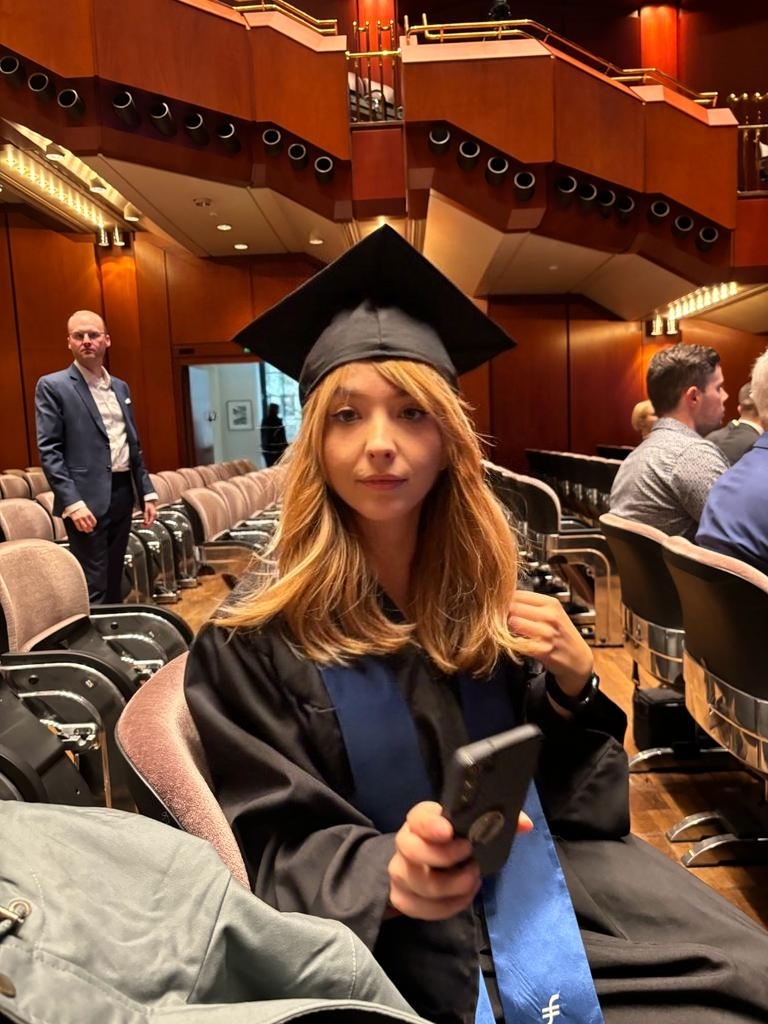
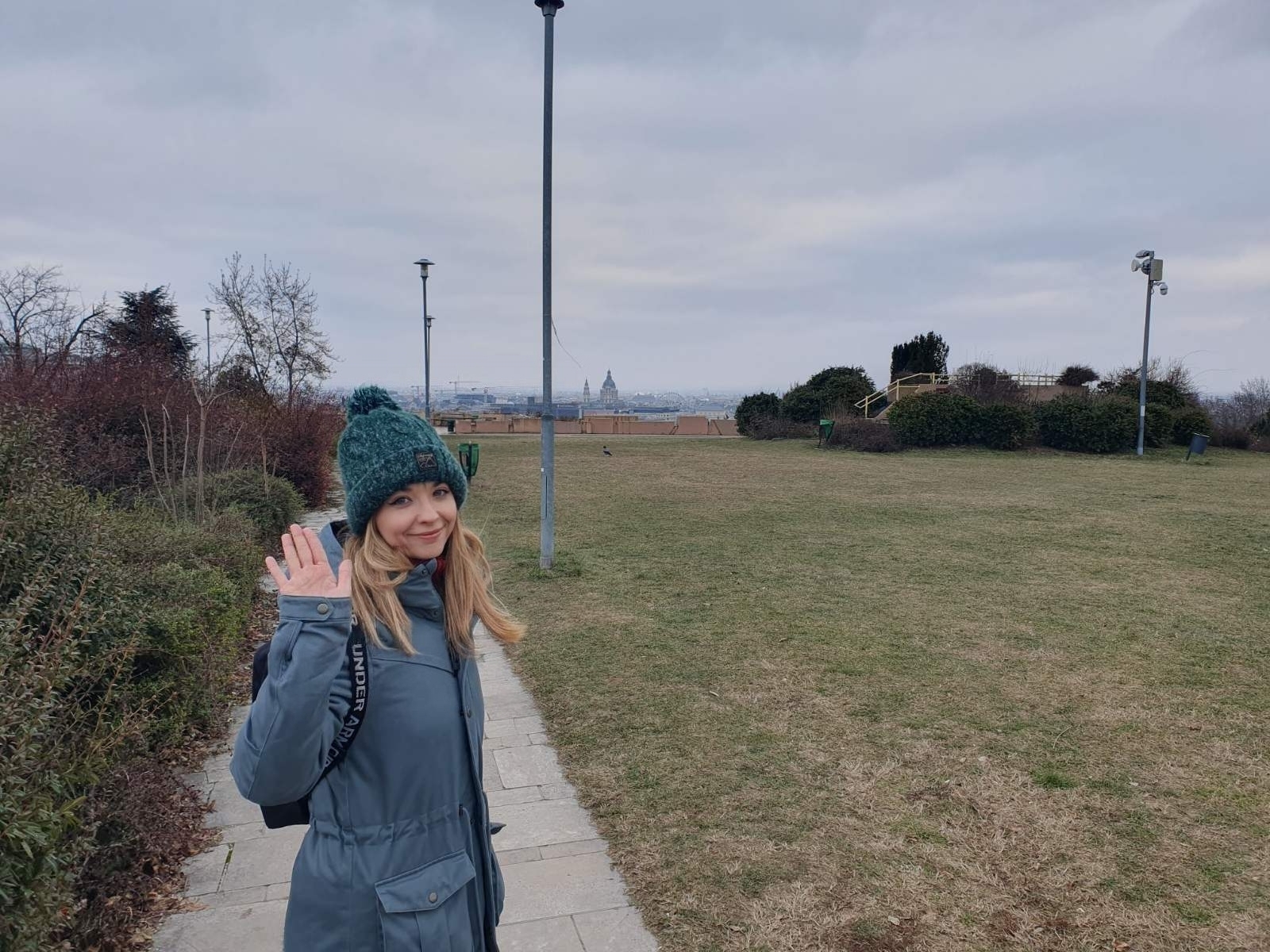
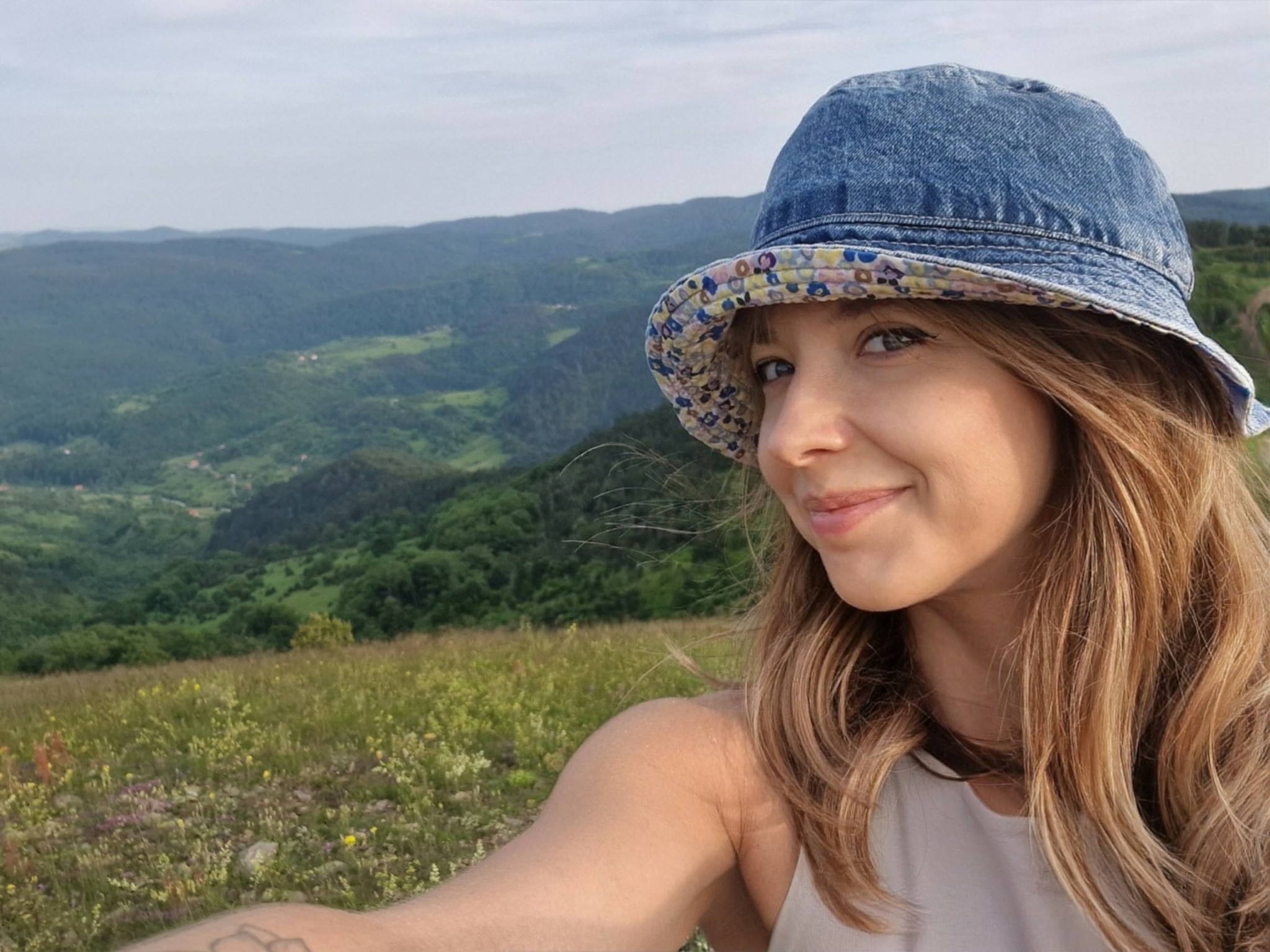
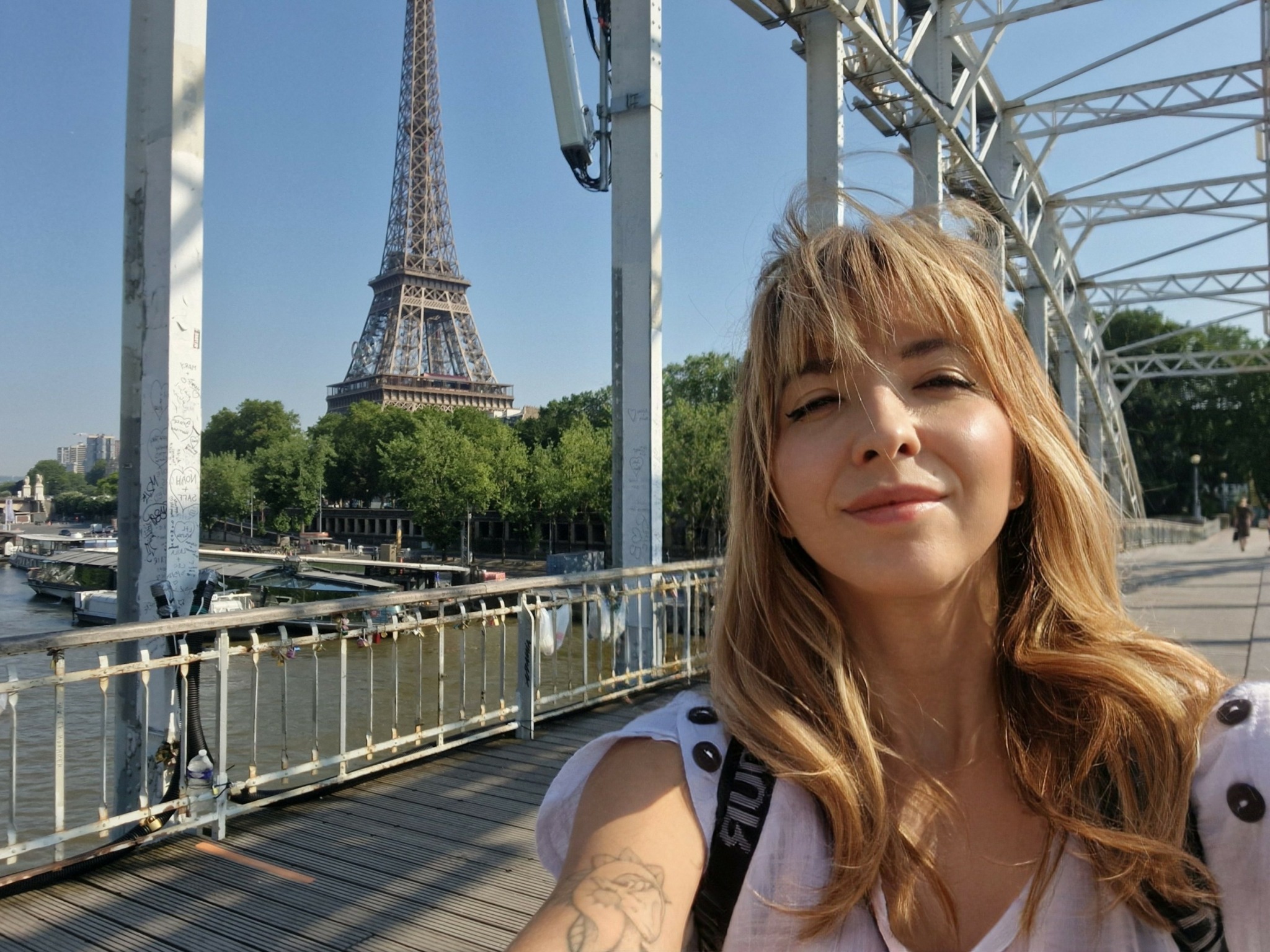
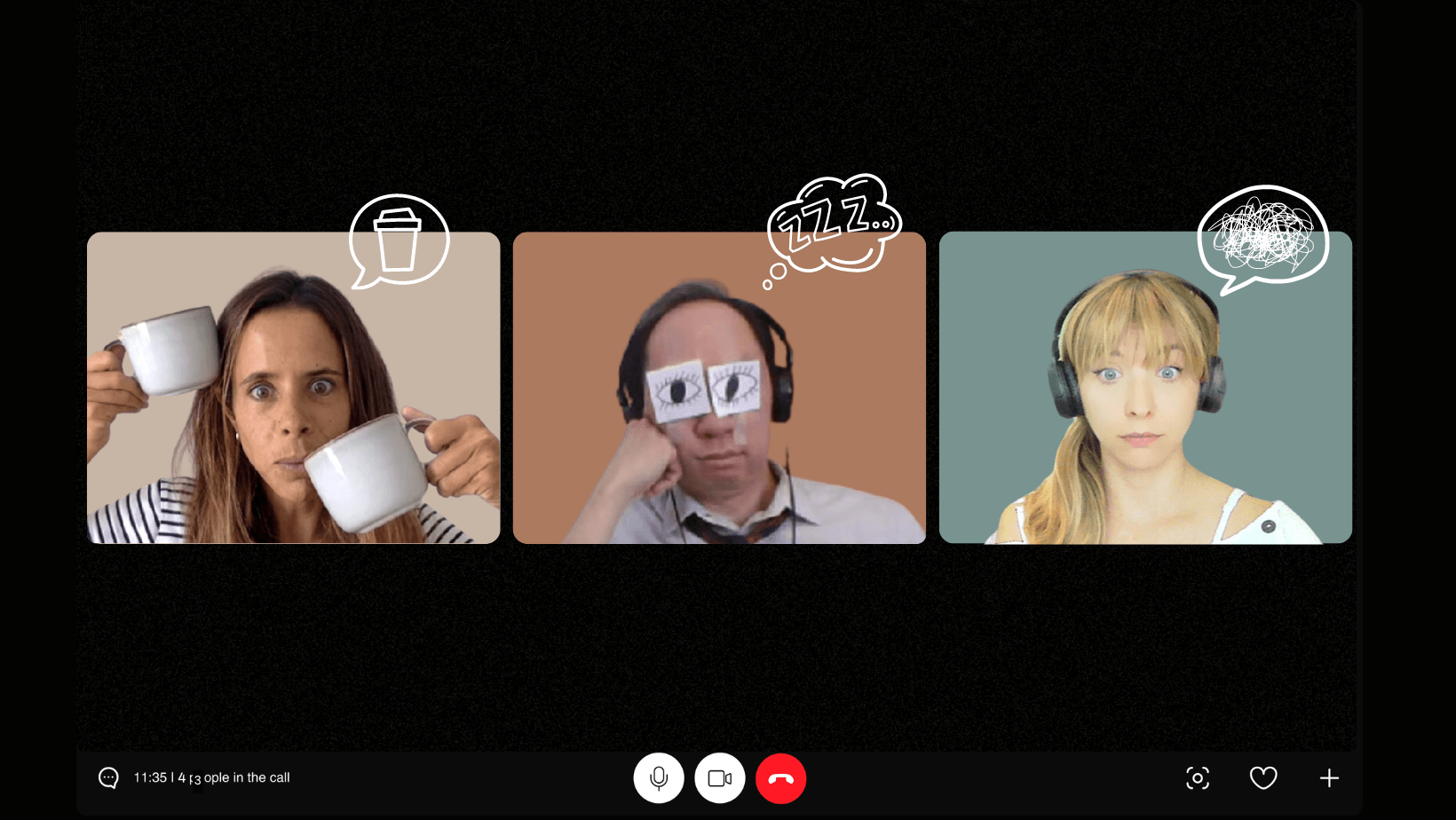
Image Credits
Rita Marques and Paul Chin on one photo.


